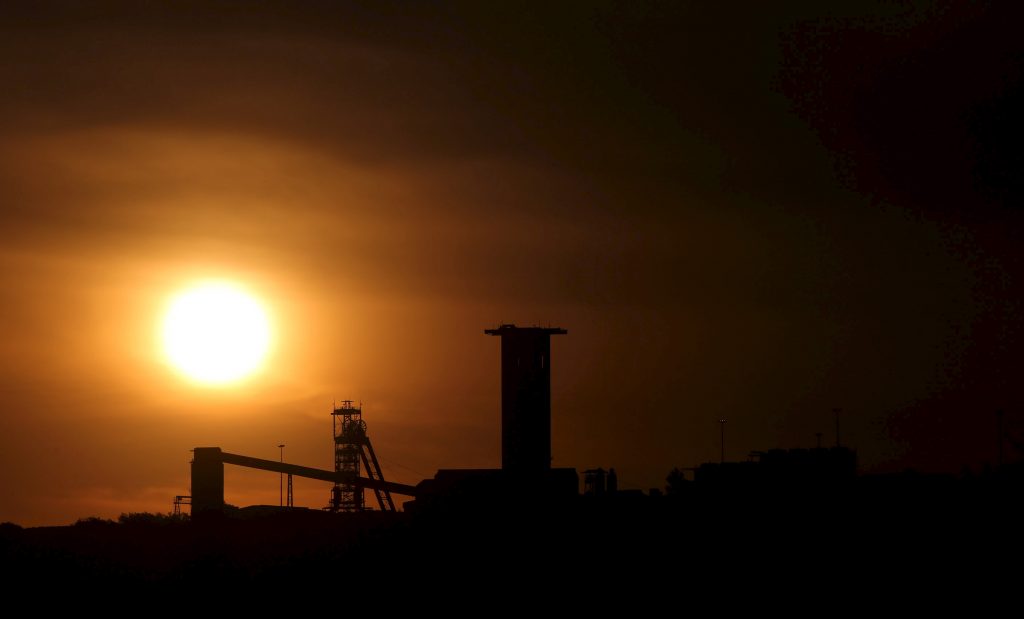There’s a global race for ‘green’ metals used in electric vehicle (EV) manufacturing, such as copper, cobalt, lithium and manganese – commodities that are abundant in Africa.
Smart Energy International forecasts that the global EV market value will reach $7 trillion by 2030 and $46 trillion by 2050 – undoubtedly one of the most exciting markets over the next few decades.
Meanwhile, rising demand for EV batteries has seen the price of lithium carbonate soar, reaching $41 925 a tonne in December last year, according to Reuters.
Zimbabwe is particularly rich in lithium deposits used in battery manufacturing, and has become the focus of massive investment by Chinese energy firms in recent months.
Zimbabwe holds Africa’s largest lithium reserves, and is ranked fifth globally, though the resource has remained largely untapped due to a lack of investment, says Mining Zimbabwe. That’s changed in recent months, with three massive Chinese investments totalling close to $800 million (R14.5 billion) in lithium projects, all inked since December 2022.
Among those at the forefront of the lithium race in Zimbabwe is the Moti Group, whose interests include mining, property, aviation, and financial products.
The group is already well positioned in the emerging green metal sector with a 70% share in the Kilken Platinum JV (BEE group Imbani Minerals holds the other 30%), where it operates a tailings retreatment plant adjacent to Amandelbult Platinum Mine near Thabazimbi in Limpopo. And it recently announced that it is finalising discussions to team up with a Chinese giant to mine and process lithium in Zimbabwe. Its Chinese partner reportedly holds 37% of the world’s EV battery market.
The Zimbabwean government recently banned lithium exports as part of a campaign to end the colonial-era extraction of raw materials for export, where most of the manufacturing value is earned by more developed industrial powers. Those days are coming to an end, and Moti Group CEO Dondo Mogajane is fully behind this.
“As a continent, we have to start adding value locally to the minerals we extract,” he says. “This creates local jobs, local investment and local skills transfer.”
Zimbabwe has been the locus of some impressive mining investments over the last 12 months, including the $4.2 billion Karo Mining Holdings PGM investment in Mhondoro, south of Harare. The mine will start producing in 2024 at the rate of 100 000 to 190 000 PGM ounces a month, with a 17-year life-of-mine.
There was surprise when former director-general of the National Treasury, Dondo Mogajane, announced in 2022 that he would be joining the Moti Group as CEO.
The Moti Group was founded by Zunaid Moti, who has since relinquished all responsibilities and shareholding in the company to his son, executive director Mikaeel Moti, and Mogajane.
“I’ve had over two decades of experience in the international finance world, in National Treasury and at the World Bank, so I understand what Zimbabwe needs to join the global stage. From a humanitarian perspective, the country urgently needs investment and development – any small contributions can go a long way,” says Mogajane.
“Ultimately, economic empowerment and socio-economic development are key to our company’s ethos as a black-owned, African business. We believe our operations not only need to be profitable, but also benefit surrounding communities and play a meaningful role in transformation to be truly sustainable.
“That said, empowerment can’t be about tokenism. Black businesses also have to be willing to demonstrate their efficiency, competency and willingness to become larger players if they want to continue winning new opportunities and partnerships for growth – which is what we have done,” he says.
An African growth story
The world’s next growth pocket is Africa, says Mogajane.
“Europe had its turn, then it was Asia’s turn. Now it is Africa. So, as a group, we are focusing on those areas where we think we can have a biggest impact. Our mining operations are done in a green and sustainable way,” he says.
“We want to set the example for others. We want the local communities to benefit, which is why we started the African HERO project as a way to provide infrastructure such as clinics and schools in some of the poorest parts of the continent.”
African HERO is the group’s socio-economic development initiative that repurposes and recycles shipping containers as mobile clinics and schools that can be deployed in as little as three weeks, instead of the 12 months or more it takes for bricks and mortar equivalents.
All this is part of building an African mining giant that aims to rank among the 20 largest in the continent within the next decade.
Brought to you by the Moti Group.
Moneyweb does not endorse any product or service being advertised in sponsored articles on our platform.

